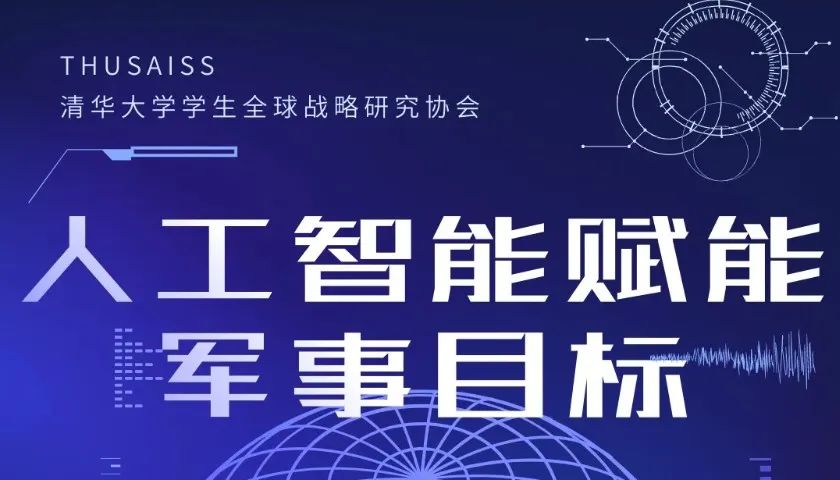On May 20, 2022, the Center for International Security and Strategy (CISS) of Tsinghua University held the 3rd student-scholar workshop, where CISS fellow Zhu Rongsheng and Chen Jiashu, a Master’s student at the School of Computer Science, Beijing University of Posts and Telecommunications were invited to discuss the validity and compliance risks of intelligent military target identification. The virtual event was moderated by CISS Deputy Director Xiao Qian.

With the topic of “Validity and compliance risks of intelligent military target identification,” Dr. Zhu Rongsheng explored the current challenges to international security and norms brought by AI-empowered military target identification.
Mr. Chen Jiashu presented the source dataset, models and algorithms used in the study: the open source dataset titled “Military and Civilian Vehicles Classification” was selected as the original data and used to train five convolutional neural network models. After comparing the accuracy of the trained models in identifying military targets, the results showed that the ResNet model is the best performer, achieving 98.7% and 99.13% accuracy in the training and test sets respectively.
According to Dr. Zhu, the deterrence effectiveness and compliance risks associated with AI-empowered military target identification should not be generalized, given the differences in recognition validity of different algorithms and models. Considering the massive amount of resources required to train AI systems, the AI arms race is more likely to take place between major powers. To manage the security risks of an arms race, the US and Chinese militaries need to maintain high fault tolerance for weaponry and engage in dialogues on the legal procedures for AI system testing and evaluation.
The presentations led to an intensive discussion between the speakers and audience, furthering the richness of the workshop, which yielded positive results as the young students found the creative and insightful topics helpful for them to develop new perspectives and foster interdisciplinary and strategic thinking in their research.
